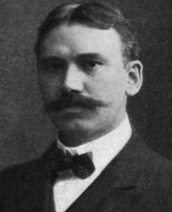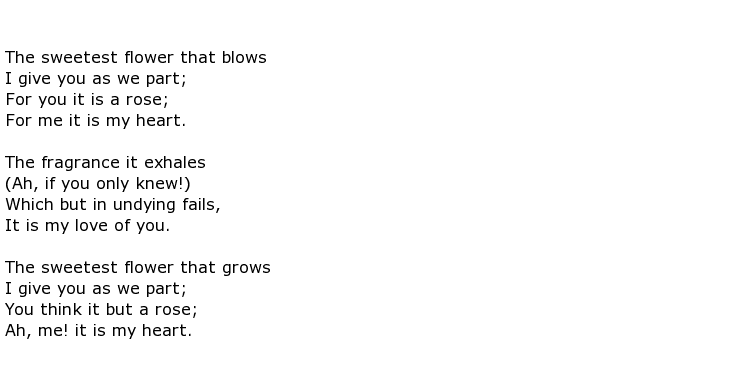 Frederick Peterson was an US born neurologist and writer who was one of those rare breed who were able to make a success in both literary and scientific fields. During the 20th century psychoanalysis became a common thing around the world but Peterson stood at the cutting edge of this new science. His study of great men like Jung and Freud led to published articles, in 1909, on the theory of Free Association. His writing output was considerable including poetry, translations from Swedish into English and, of course, many medical papers and publications, usually featuring the study of the nervous system and mental illness.
Frederick Peterson was an US born neurologist and writer who was one of those rare breed who were able to make a success in both literary and scientific fields. During the 20th century psychoanalysis became a common thing around the world but Peterson stood at the cutting edge of this new science. His study of great men like Jung and Freud led to published articles, in 1909, on the theory of Free Association. His writing output was considerable including poetry, translations from Swedish into English and, of course, many medical papers and publications, usually featuring the study of the nervous system and mental illness.
He was born on the 1st March 1859 in the small town of Faribault, Minnesota. He was well-educated and earned a place at the University of Buffalo. In order to pursue his thirst for knowledge he then went to Europe, studying at a number of universities including Strasbourg, Zurich, Vienna and Gőttingen. When he returned to the US, in 1882, he went back to his old university and secured a post as professor.
During the next ten years he was one of New York City’s practicing neurologists and he involved himself in the somewhat controversial area of experimentation of the effects of alternating current (AC) on live bodies. Widespread alarm had surrounded the use of AC, particularly in overhead street lighting cabling, as opposed to the perceived safer direct current (DC). Initial testing was carried out on dogs at Columbia and work developed from this on the creation of an electric chair that could be used to execute convicted criminals in the state. New York’s Medico-Legal Society chose him to head a committee of scientists and other interested parties who would settle on the most effective method of execution using this kind of technology.
Further academic opportunities followed. He was a professor at the Vermont University between 1893 and 1894 and he was made professor of psychiatry at Columbia University in 1903. He held this post until he retired from academic life. Shortly before taking up this appointment he was, in 1900, the New York State appointed president of the Commission on Lunacy.
As a writer his literary output was quite diverse. Alongside the substantial number of medical papers on neurological subjects that bore his name there were a number of poems of a romantic nature, including one about his observations of squadrons of wild geese flying across the evening sky (called Wild Geese). His description of their

demonstrated his keen observation of the natural world. Another, The Sweetest Flower That Blows, is a short poem of pure romance where a man gives his heart to a woman in the form of a sweet rose. This short poem is reproduced below:

Peterson had at least three collections of poetry published, including

Another important part of his life was the collection of Chinese paintings, and he was considered a connoisseur of this type of art.
Frederick Peterson died on the 9th July 1938 at the age of 79.

